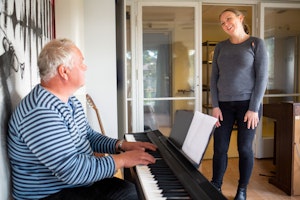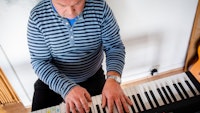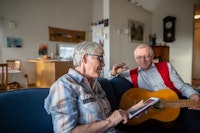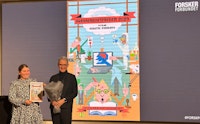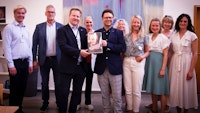Stensæth is a professor at the Norwegian Academy of Music, and is the head of the Norwegian branch of the large, EU-financed Homeside project. Researchers from five countries are participating: Australia, the United Kingdom, Germany, Poland and Norway. Together they aim at gathering a thousand participants, in the form of “dyads”, or two people who are closely related and are living at home. One of them must have symptoms of dementia.
“No prior knowledge or skills in music or reading are necessary to take part,” Stensæth declares.
The participants will be divided into three groups. One group will be part of a music programme, and this group will be compared with a group that is involved in a reading programme and a control group receiving standard care, without taking part in any special programme. The participants will be given training and guidance by qualified occupational therapists and music therapists, all of whom have experience with dementia care.
According to researchers from the Academy, people with dementia and their families have a need for help and support for activities they can do together at home. Many of them are searching for activities that can make their lives more enjoyable and meaningful.
“The need for qualitatively good home activities will increase in the future. Homeside aims at developing music as a means of promoting public health that people can use within the four walls of their own homes when they are confronted with dementia in their family,” Stensæth says
Few things can compare with music
Surveys taken before, during and after the participants have completed their respective programmes will evaluate the effects of the project. Everything from socioeconomic savings to the effect on the quality of relationships will be analysed.
Dementia is often called the “family disease”, and it can impose a heavy burden on those who must care for their loved one at home. Karette Stensæth points out that couples who have lived their entire lives together often experience a diagnosis of dementia as a severe trauma.
“We hear people say that they yearn for the feeling of being together as a couple like they were before the diagnosis. Music can help people find their way back to each other. Reading can be used in the same way,” the researcher explains.
Stensæth says that the main premise of Homeside is based on the effect of the activity on the behaviour and psychological symptoms displayed by those with dementia.
